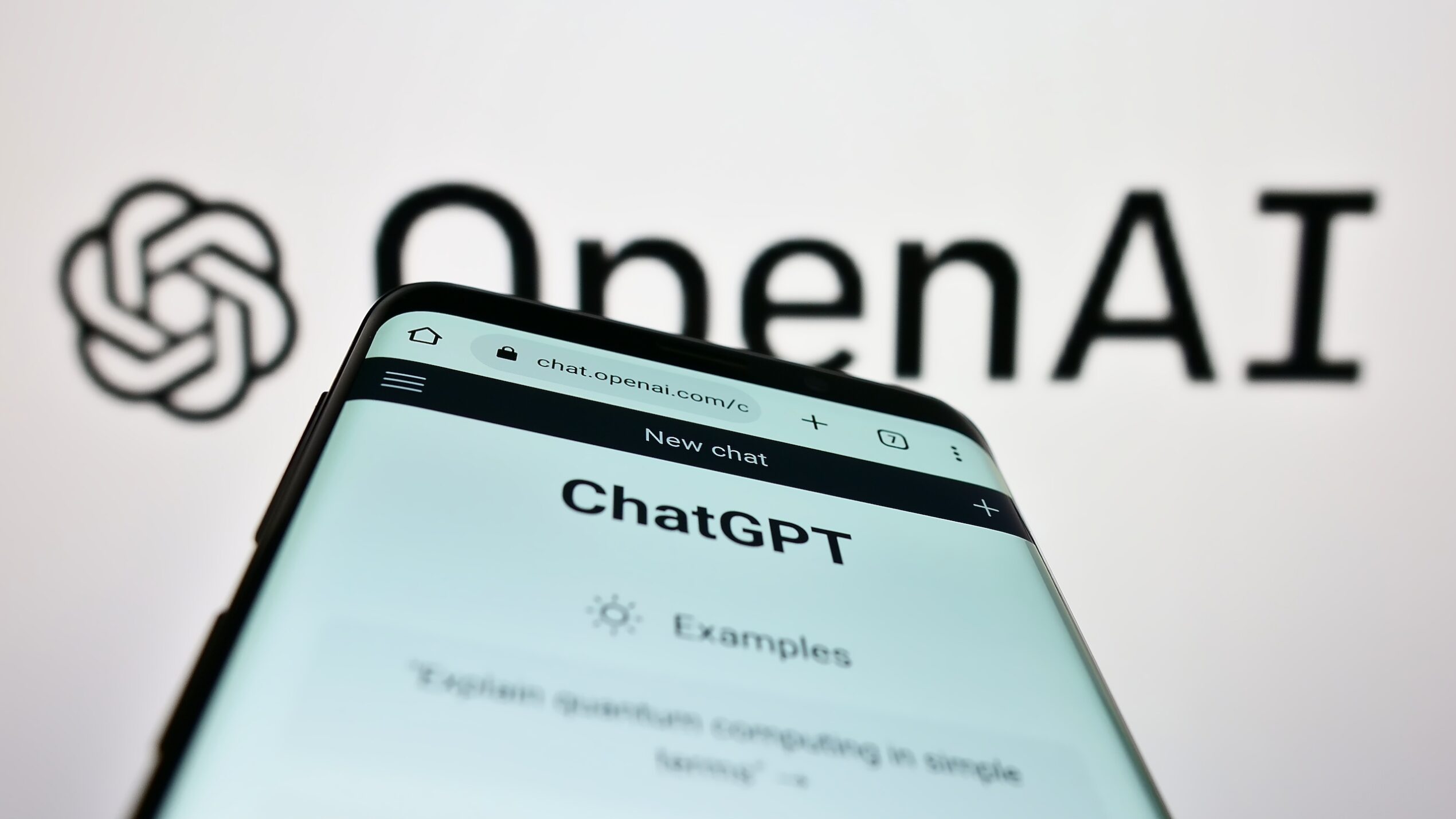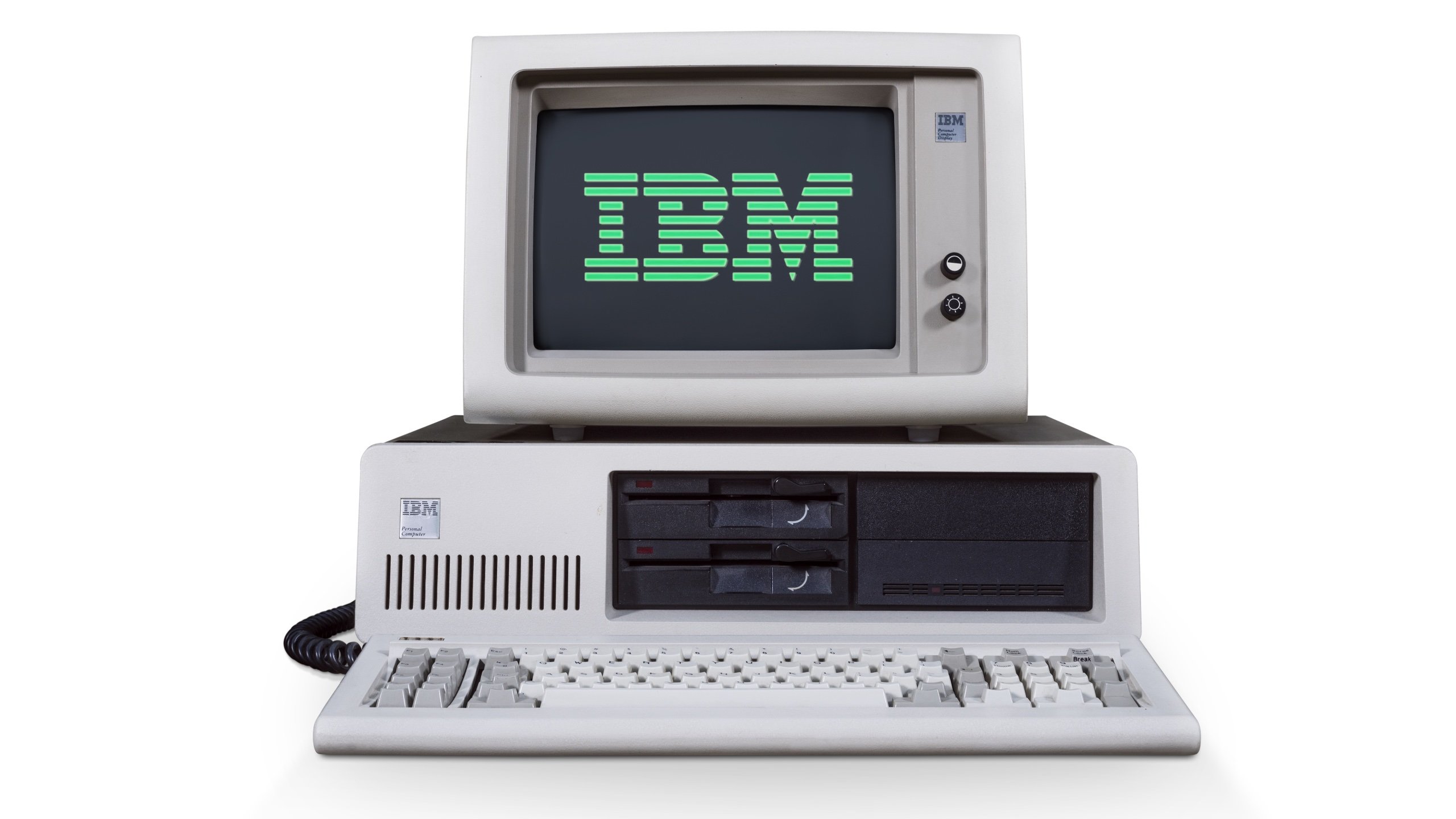A new study reveals that 40% of workers, around 1.4 billion individuals, need to re-skill within three years due to AI’s impact on job roles.
The IBM Institute for Business Value study shows that adaptability and people skills are now prioritized over technical skills, marking a shift in the workforce’s skill paradigm.
The findings of the study imply that business executives may also need to plan for human and machine collaboration as they leverage technology to enhance productivity.
Re-skilling is a must
The IBM study looks at the impact of AI on business models and how companies are leveraging the technology, which has been topical this year since the launch of ChatGPT by OpenAI in November last year.
With their ability to perform tasks like coding and writing, generative AI models have challenged many industries on how they operate, as well as threatening job security for many.
For this study, IBM used data from two surveys of 3,000 C-level executives who were drawn from 28 countries while another involved 21,000 workers who were taken from 22 countries.
According to IBM, the results from the survey showed AI has an impact on the job market in various industries. It is estimated that about 40% of the workforce will need to re-skill to stay abreast with the technological advances, as businesses start to implement AI.
This translates to about 1.4 billion out of the 3.4 billion people in the global workforce, as per World Bank statistics.
Also read: HIVE’s 38,000 Nvidia GPUs Set to Power the Cloud Post ETH Mining Halt
People will replace people
There have been growing fears that the rise in AI will result in a lot of casualties in the job market, as the technology takes over roles across sectors.
A March report by Goldman Sachs revealed generative AI could impact about 300 million jobs in Europe and the US, with lawyers and administrative staff likely to be at high risk of being redundant.
Another report revealed about 4,000 people lost their jobs in May alone in the US, after being replaced by AI, as employers embrace the technology on the back of its cost effectiveness.
However, the IBM report states that 87% of the surveyed executives think that generative AI will augment roles and not replace them. It suggests people who use AI in the workforce will replace those who don’t.
“AI won’t replace people – but people who use AI will replace people who don’t,” said IBM.
However, this will vary with the nature of the job in question as 97% of executives think those in procurement will be augmented rather than replaced. This is in comparison to 93% for employees in risk and compliance, 73% for marketing and 77 percent for customer service.
To stay relevant, workers therefore need to constantly upgrade their skills to stay abreast with the AI evolution.
While technology will have a widespread impact, the executives themselves believe their jobs will not be impacted as much as the lower-level staff who will feel the heat from generative AI.
Already, results from the survey show three out of four executives noted entry-level jobs were already affected by AI while only 22% said the same for senior management and executives.

The changing skill requirement
This new skill paradigm shows a move from technical skills that were highly prioritized around 2016 such as proficiency in STEM, which has now become the least priority due to the rise in AI.
The IBM report notes that the reason is that the world is now exposed to AI tools like OpenAI’s ChatGPT that allow employees “to do more with less knowledge.”
People skills such as communication, time management and collaboration are now being sought after more than in prior years.
According to the study, businesses have no option but to move with the changes. After all, it pays to adapt to the changes.
The study further shows that businesses that adapt to the tech evolution and re-skill to stay abreast with the tech-driven changes “report a revenue growth rate premium of 15% on average” while those who focus on AI “see a 36% higher revenue growth rate than their peers.”
As a result, the rapid changes in technology will have a significant impact on businesses and the job market. The study shows that embracing AI and other tech advancements boosts productivity efficiently and cost-effectively.
Business leaders see re-skilling programs as impactful in navigating the ever-changing landscape.










 and then
and then